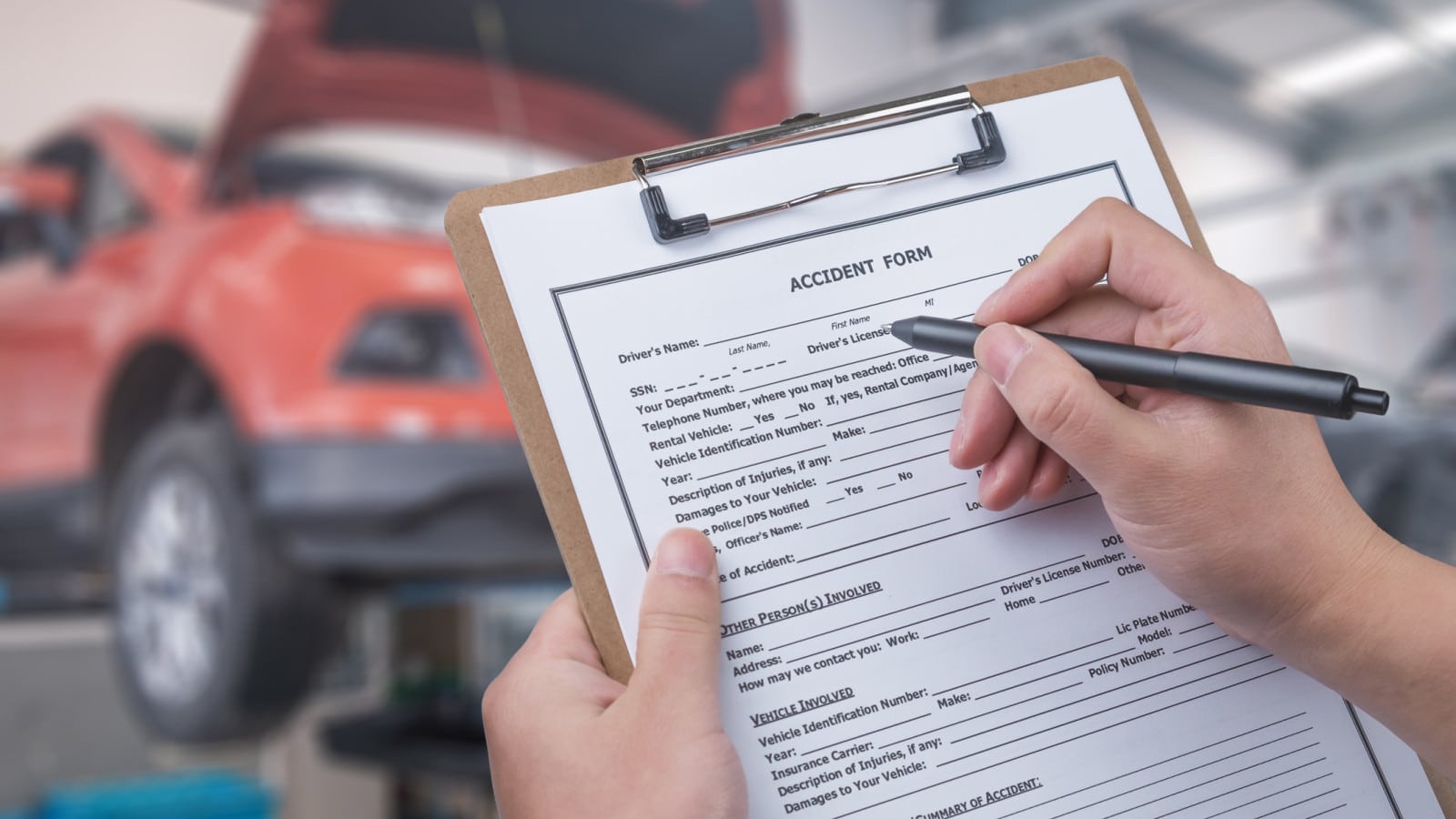Workers’ compensation is a valuable benefit for many types of employees. However, employees must meet certain reporting obligations to ensure that their claim will go forward properly. Workers’ compensation is often the only option available to receive damages associated with a work-related accident, so it is important to know your rights and obligations related to this benefit.
Reporting a Work-Related Accident Immediately
One of the employee’s responsibilities in the workers’ compensation system is the requirement to report your injury soon after it occurs. Generally, it is best to report the incident as soon as practical after the injury. However, you may have a few days or sometimes up to a month to report the incident to your employer. The employer then has its own specific amount of time that it must report the injury to its insurance company or the state labor entity as well.
Failing to report in a timely fashion may mean that you forgo your opportunity to collect benefits under workers’ compensation.
How to Report a Work-Related Accident
In many situations, simply telling your employer that an injury has occurred may be enough to put them on notice of your workers’ compensation claim. However, you may also be required to fill out a form that provides specific information about the accident. This form may be required by your state, or it may be an internal requirement from your employer.
Usually, the report should contain the following information:
- The date, time, and location of the accident
- How the injury occurred
- Who was involved
- The body parts affected by the injury
- Any medical treatment you have already undergone related to the accident
You may want to provide this information in writing regardless of whether your employer asks you to fill out a specific form.
If you must complete a form, it is a good idea to keep a copy for your own records. Filling out this form provides the necessary notification to your employer to start the workers’ compensation claim process. The company will often use this information to fulfill their own reporting requirements.
Moving Through the Claim Process
In most situations, the next steps will be performed by your employer’s workers’ compensation carrier. They will usually start paying benefits within a week or two, even while they investigate your claim. If they determine that your claim is not compensable, they will notify you in writing and stop benefits after this notice.
If you do not hear anything from your employer or its insurance company, you may need to take action to get your claim moving. It is possible that the employer did not tell their insurance company as required or there is some other administrative snag. Simply talking to your boss about the claim can address a lot of issues.
As you move through the claim process, be sure to keep careful records regarding your injuries, treatment, and medical expenses. You should also keep track of your time away from work and how your injury has affected your ability to work. Some serious injuries may require a job change, and having notes about tasks you can and cannot perform will be helpful in this process
Contact Jim Glaser Law today at 781-689-2277 or fill out our online form to request a free case evaluation.

















